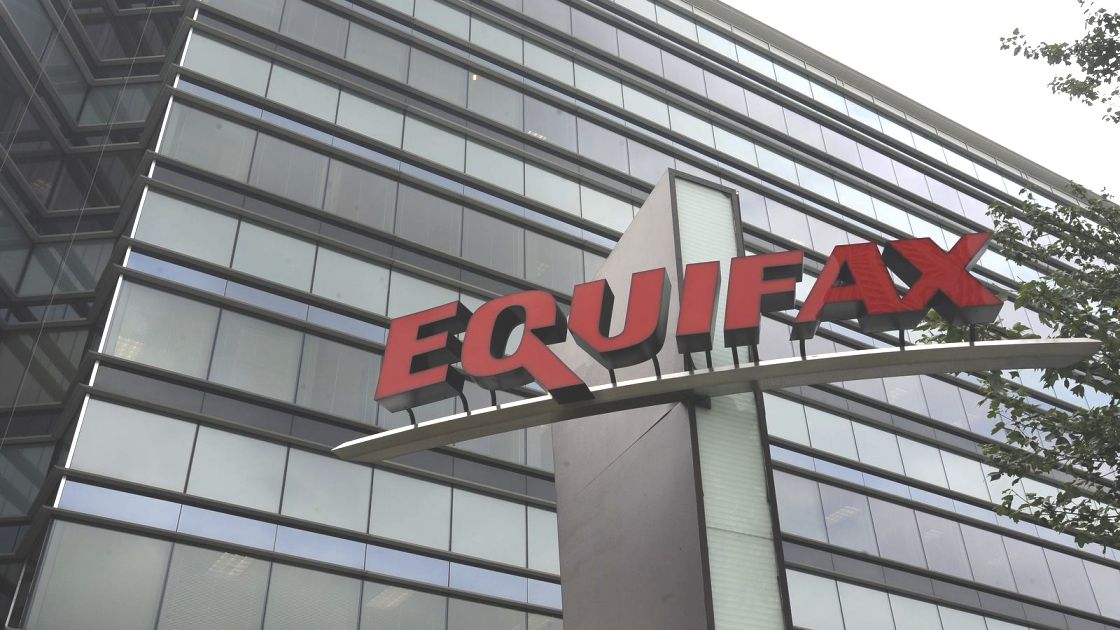How to Dispute an Error on Your Experian Credit Report
Credit report errors aren’t just frustrating—they can lower your credit score, raise your interest rates, or cause you to get denied for loans. If something doesn’t look right on your Experian credit report, it’s important to take action quickly.

You have the legal right to dispute inaccurate information and request a correction. Whether it’s a wrong account, outdated balance, or a sign of identity theft, there’s a clear process for getting it removed.
This guide walks you through what to check, how to file a dispute with Experian, and what to expect once you’ve submitted it—so you can protect your credit and move forward with confidence.
Common Errors You Might See on an Experian Credit Report
Credit report mistakes come in more forms than you might expect. Here are some of the most common problems to watch for when reviewing your Experian report.
Incorrect Personal Information
Typos and outdated details can show up in your personal information section. This might include misspelled names, old addresses, or incorrect job titles. These errors may seem minor, but they can lead to merged files or incorrect account reporting.
Account-Related Mistakes
It’s not uncommon to see accounts listed that don’t belong to you—or to find duplicate listings of the same account. Other issues include incorrect balances, wrong account statuses, or payments marked late when they were actually on time.
Derogatory Marks That Should’ve Aged Off
Negative items like collections, bankruptcies, or charge-offs are only allowed to stay on your credit report for a certain number of years. If an old account is still showing up after it should have been removed, that’s a problem worth disputing.
Fraud or Identity Theft
If you spot accounts you never opened or inquiries you didn’t authorize, you might be dealing with identity theft. These issues require immediate attention and often involve additional steps beyond a basic dispute.
How to Check Your Experian Credit Report for Free
Before you can dispute anything, you need to get a current copy of your credit report. Fortunately, there are a few ways to do that without paying.
Get Your Report from AnnualCreditReport.com
You’re entitled to one free credit report each week from each of the three major credit bureaus through AnnualCreditReport.com. This site is authorized by federal law, and it’s the safest way to get your official Experian report.
Use the Experian Website or App
You can also access your report directly through Experian’s website or mobile app. This option gives you real-time alerts, more frequent updates, and tools to help you understand your credit score. Experian may also show you which items are impacting your score the most.
What to Look For When Reviewing Your Report
Don’t just skim. Review every section—especially your personal information, public records, inquiries, and tradelines. Look for accounts you don’t recognize, balances that seem off, or payment statuses that don’t match your records.
How to Dispute an Error on Your Experian Credit Report
Once you’ve identified an issue, it’s time to act. Experian offers three ways to dispute credit report errors: online, by mail, or by phone.
Option 1 – Dispute Online (Fastest and Easiest)
- Go to the Experian Dispute Center
- Click “Start a new dispute” and sign in or create an account
- Select the item you want to dispute and explain what’s wrong
- Upload any documents that support your case (like statements or letters)
- Submit the dispute and monitor your status online
This method is the quickest and easiest for most people. You’ll usually receive updates by email as Experian investigates.
Option 2 – Dispute by Mail
If you prefer to keep things offline or need to include detailed documentation, mail is a solid option. Here’s what to include:
- A copy of your Experian credit report with the error highlighted
- A brief letter explaining the mistake and what you want corrected
- Any supporting documents that prove the error
Be sure to send your letter via certified mail with return receipt. That way, you have proof that it was received.
Not sure how to word your dispute? Use this straightforward credit dispute letter template as a starting point. Just fill in your details and make any needed edits.
Option 3 – Dispute by Phone
You can call Experian’s dispute line at (800) 493-1058, but this option has limits. It’s harder to submit documentation or track your dispute. Phone disputes are best for resolving simple issues, like a wrong address or misspelled name—not more complex account-related errors.
Need help with the dispute process?
If you’d rather have someone handle it for you, you can work with a credit repair company. Here are our top picks based on cost, service quality, and success rate.
What Happens After You File a Dispute?
Disputing an error doesn’t fix it instantly. Here’s what you can expect once your dispute is in motion.
Timeline of the Investigation (Usually 30 Days)
Experian typically has 30 days to complete an investigation. They’ll contact the company that reported the information—called the data furnisher—and ask them to verify the accuracy. If the company doesn’t respond, Experian is required to remove the disputed item.
How You’ll Get Notified of Results
You’ll get a notification by email or mail, depending on how you filed your dispute. The results will show whether the item was updated, deleted, or left unchanged—and why.
What If the Error Isn’t Fixed?
If your dispute is rejected, but you believe the error is legitimate, you still have options:
- Re-submit the dispute with stronger documentation
- Contact the data furnisher directly (e.g., your lender or collection agency)
- File a complaint with the Consumer Financial Protection Bureau (CFPB)
Tips to Improve Your Chances of a Successful Dispute
Disputing a credit report error isn’t complicated, but there are a few ways to improve your odds of getting it fixed the first time.
- Be specific and provide documentation: Don’t just say something is “wrong.” Clearly state what the error is, why it’s incorrect, and back it up with copies of bills, statements, or letters.
- Dispute only inaccurate information: Negative but accurate items—like a real late payment—won’t be removed through a dispute. Focus only on what’s truly incorrect or outdated.
- Don’t file multiple disputes on the same issue at once: Resubmitting the same dispute too quickly can delay the process. If your first dispute didn’t work, wait until you have new evidence before trying again.
Will Disputing Hurt Your Credit Score?
Filing a dispute does not hurt your credit score. You’re simply asking Experian to review a piece of information and verify its accuracy.
In fact, removing inaccurate negative items—like a late payment that never happened—can help your credit score. The impact depends on the type of error and how much it was dragging your score down.
Just be aware that while a dispute is open, some lenders may pause credit decisions for accounts under investigation. That’s temporary and only applies during the review process.
How to Monitor Your Credit After the Dispute
Keeping an eye on your credit doesn’t stop after the dispute is over. These steps can help you stay on top of things and catch new issues early.
Set Up Alerts with Experian or a Third-Party Service
Most credit monitoring tools let you track changes to your credit report, including new accounts, inquiries, or balance shifts. Many are free, and Experian offers this feature directly.
Consider Freezing Your Credit If Fraud Was Involved
If the error was due to identity theft, it’s smart to freeze your credit with all three credit bureaus. This stops anyone from opening new accounts in your name without your approval.
Check Your Report Regularly to Catch Future Issues Early
Make it a habit to review your credit report every few months. You don’t need to obsess over it—but catching an error quickly can make it easier to fix.
Conclusion
If there’s a mistake on your Experian credit report, don’t wait to fix it. Disputing errors is free, your rights are protected by law, and the process is easier than you might think.
Every point on your credit score counts—especially when it affects things like loan approvals, interest rates, or insurance premiums. Take a few minutes now to review your report, and protect your financial future from avoidable mistakes.



